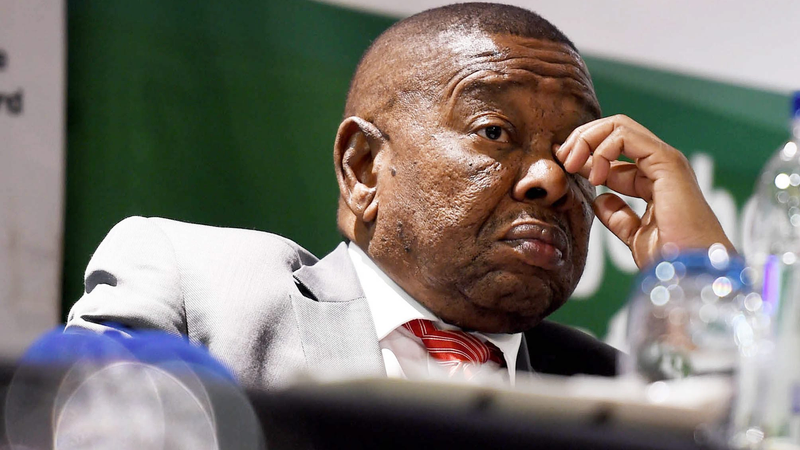By Edwin Naidu
The post-matric focus will swing sharply to the future for thousands of South African matriculants.
Now, it inevitably falls on the National Student Financial Aid Scheme’s (NSFAS) ability to ensure a smooth start to the academic year.
One hopes that the Portfolio Committee on Higher Education wields a bigger stick in dealing with the country’s education administrators.
The lawmakers allowed him an easy ride for all that went wrong under the watchful eye of former minister of Higher Education and Training, Dr Blade Nzimande.
Although his demotion as minister of Science and Innovation ensured he remains in the gravy, his legacy in higher education continues to cast a shadow.
The committee convened in Parliament to receive briefings from the Department of Higher Education and Training (DHET) on its quarter 2 performance report for the 2024/25 financial year. DHET was asked to prepare a presentation on the shortcomings of the sector’s legislative provisions.
However, the committee said it was unsatisfied with the lack of information. It suggested that specific problematic provisions, their limitations and DHET’s proposals for addressing these be included.
In fairness to the new Higher Education and Training Minister Dr Nobuhle Nkabane, the criticism levelled at the department would have become her responsibility after she assumed the role on 3 July.
In November, the committee members criticised the department for its lack of timely and comprehensive written responses, which were often delayed and left members more confused.
These are legacy issues which go back to Dr Nzimande.
Members criticised DHET for its inability to monitor and oversee its entities effectively. They were also puzzled that the DHET assigned the critical infrastructure expenditure function for Technical and Vocational Education and Training (TVET) colleges to the National Skills Fund. This entity struggles to report on its activities and submit its annual report.
Dr Nzimande never addressed the various allegations around the NSF. Some skeletons refuse to go away.
Members were frustrated by DHET’s inability to fill vacancies and its reporting of quarterly targets. The information did not clearly show how DHET addressed its vacancies.
At one point, the department had over 4000 vacancies and returned R580 million to the National Treasury for funded posts.
The same committee, mindful of these issues, allowed Dr Nzimande to leave office without accounting to Parliament.
Members urged the department to improve. As the 2025 academic year readies for the influx of new matriculants looking for study opportunities at tertiary institutions, one hopes the NSFAS will make the process smoother.
Above all, what hope is there when the country’s lawmakers operate tardily and do not hold the very people who are meant to deliver accountable?
The committee questioned why the NSF procured its ICT system through the State Information Technology Agency (SITA) rather than pursue competitive bidding in the market.
The NSF clarified that this approach would expedite the system’s development, and that procurement of ICT systems must be conducted through SITA. The procured service provider will develop an ICT system linked with NSF data and project management systems, scheduling, learner performance and other crucial data.
Numerous media reports have been about the NSF’s many failings. One hopes that Minister Nkabane will investigate all that her predecessor glossed over.
However, she must do something urgent about the number of people in acting positions, especially since R580 million was returned to the National Treasury over the last two years due, suggesting that the department lacks urgency in addressing this issue.
The vacancies had been a recurring audit found by the Auditor-General. Yet, the committee never grilled the former minister about this, considering there seemed to be poor monitoring and accountability in the department during his time.
While the excitement about matriculants will dominate, Minister Nkabane will increasingly find her work cut out in ensuring that the department delivers, is adequately staffed, and, above all, holds all entities under its watch accountable. South Africa expects as much from the department.
One also expects the portfolio committee to grill education entities on how they’re making a difference to the country’s landscape. The more we interrogate whether South Africa is getting bang for its buck, the more we may see better use of public resources.
Is it shocking that the education department returns half a billion rand to the Treasury because it failed to fill vacancies — and nobody finds anything wrong?
Edwin Naidu is the Editor of Inside Education.
INSIDE EDUCATION







